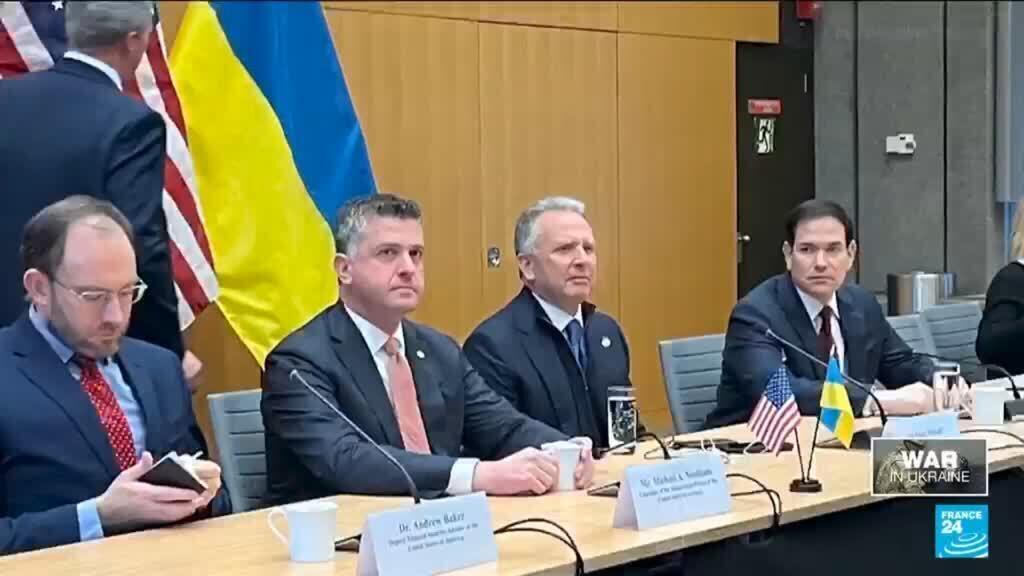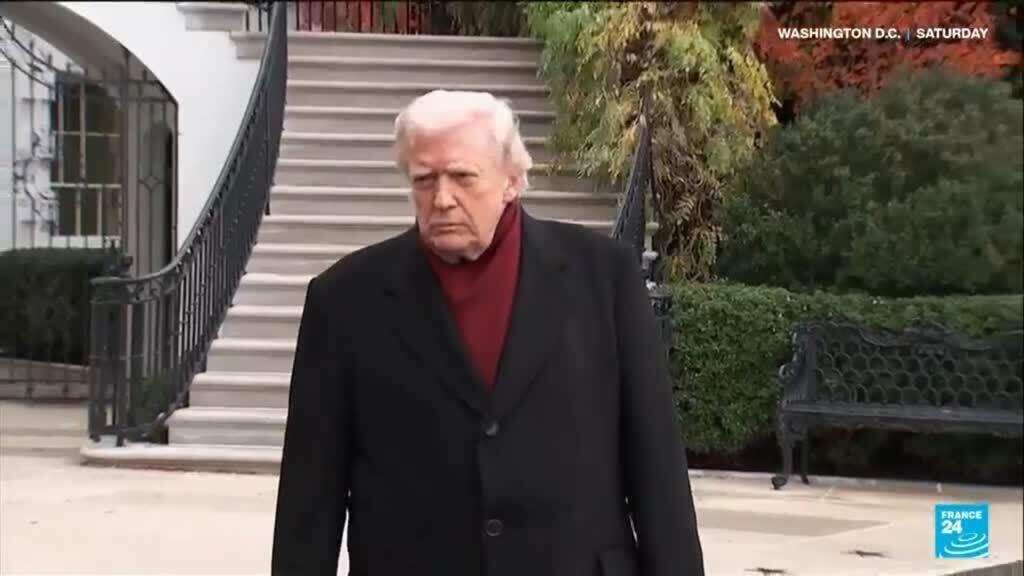US-Ukraine Talks in Geneva: Progress Report
Recent talks between the United States and Ukraine in Geneva have been characterized as productive, leading to significant developments in the ongoing conflict in Eastern Europe. The discussions focused on re-evaluating former President Donald Trump's peace plan for Ukraine, which had faced criticism for allegedly favoring Russia. This shift in approach comes in response to growing concerns from both Ukrainian officials and European allies regarding the effectiveness of the existing negotiations.
The U.S. delegation, aiming to address the grievances raised by Ukrainian officials, expressed a willingness to revise Trump's peace framework. Ukrainian President Volodymyr Zelensky highlighted that the American team showed a more receptive attitude during these talks, especially after some earlier tensions regarding the U.S. government's stance on the conflict. Zelensky noted that Trump's team was more open to considering Ukraine's concerns, signaling a potential shift in U.S. policy regarding the region.
European allies played a crucial role during these discussions by presenting a counter-proposal intended to bolster Ukraine’s military position and initiate territorial negotiations based on the current front lines. This proposal is designed to strengthen Kyiv's leverage in the ongoing conflict with Russia, and it underscores a united front among European nations in their support for Ukraine. The collaborative efforts of the U.S. and its European partners reflect a strategic alignment aimed at effectively countering Russian advances.
As the discussions unfolded, it became evident that the geopolitical landscape surrounding the conflict in Ukraine is complex and evolving. The U.S. and European allies recognized the pressing need for a new approach that not only addresses Ukraine’s territorial integrity but also the concerns of its allies regarding regional stability. The suggestion to allow an increase in troop deployments points to a readiness to strengthen Ukraine's defense capabilities amid ongoing hostilities.
President Zelensky's remarks following the Geneva talks indicated a cautious optimism regarding the outcomes of the discussions. He emphasized the importance of having an open dialogue with the U.S. administration, noting that moving away from previous, less favorable policies could lead to a more balanced framework for peace that respects Ukraine's sovereignty. These diplomatic engagements may pave the way for a more coordinated response to Russia’s actions in the region.
Overall, the Geneva talks mark a critical moment in the diplomacy surrounding the Ukraine conflict, highlighting the dynamic interplay between U.S. and European efforts to arrive at a resolution. The adjustments to the peace plan and the collaboration among allies signify a renewed commitment to bolster Ukraine's position while seeking a viable path to peace.
The events in Geneva are not only significant for Ukraine but also hold implications for broader international relations, particularly in how Western nations engage with Russia. The evolving discourse indicates a potential recalibration of strategies aimed at resolving long-standing geopolitical tensions and fostering a more stable security environment in Eastern Europe.












